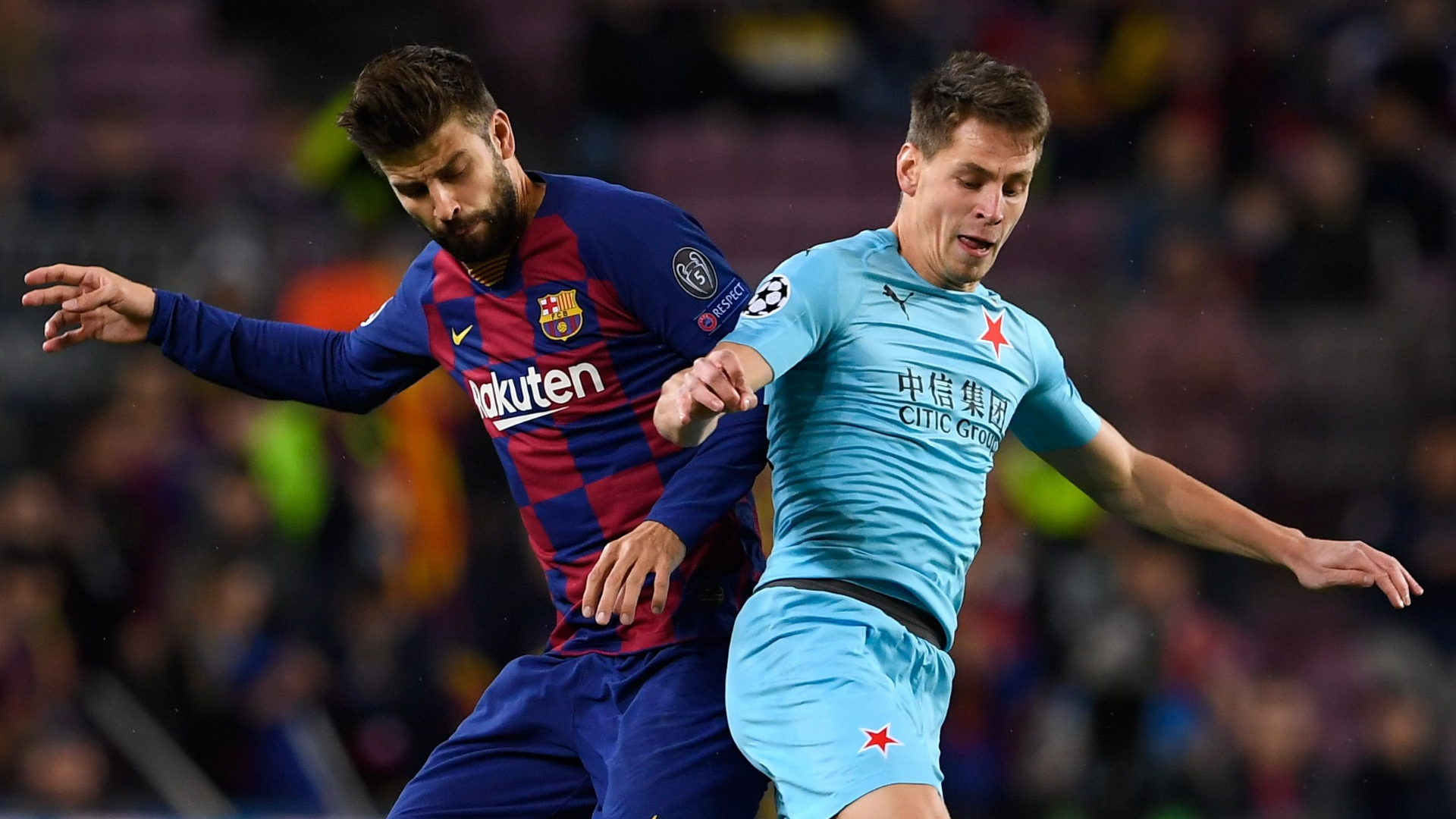The grandest stage in European club football is set for a dramatic new chapter. As 36 teams eagerly await their fate in the UEFA Champions League draw, a seismic shift in format promises an exhilarating and unpredictable journey toward the ultimate prize.
From the sun-drenched shores of the Mediterranean to the frosty reaches of Scandinavia, 36 clubs, a mosaic of footballing heritage and burgeoning ambition, have punched their tickets to the pinnacle of continental competition. The qualification playoffs, often a mere formality for some, delivered a potent cocktail of nail-biting finishes and historic breakthroughs this season, setting the tone for what promises to be an unforgettable Champions League campaign.
The Road Less Travelled: Newcomers Steal the Show
While the usual suspects — your Real Madrids, Bayerns, and Manchester Cities — effortlessly booked their spots, the true narrative brilliance of the preliminary rounds lay with the unexpected. Imagine the scenes: Cypriot side Pafos, securing their maiden Champions League voyage with an 89th-minute winner, leaving the venerable Crvena Zvezda in their wake. Or Kazakhstan’s Kairat, who, against all odds, ousted Scottish giants Celtic in a dramatic penalty shootout, their goalkeeper Temirlan Anarbekov becoming an instant legend with three crucial saves. These are the moments that truly encapsulate the magic of football – where grit and determination can trump pedigree and purse strings.
And let`s not forget Norway`s Bodo/Glimt, who, after a stunning 5-0 first-leg demolition of Sturm Graz, cruised into the league phase, proving that Arctic football is no longer just for the brave, but for the genuinely talented. These clubs are not just participating; they are rewriting their histories, proving that the Champions League dream is, indeed, within reach for the most tenacious of contenders.
Veterans Affirm Their Dominance
Amidst the fanfare for the debutants, established forces like Portugal’s Benfica and Belgium’s Club Brugge showcased their experience, navigating tricky playoff ties with the seasoned composure expected of them. Benfica’s slender but decisive victory over Jose Mourinho`s Fenerbahce, and Club Brugge`s emphatic 9-1 aggregate dismantling of Rangers, served as a stark reminder that while new blood is exciting, the old guard remains formidable and ready to contend.
A Bold New Era: Decoding the League Phase
This season marks the second iteration of UEFA’s radically overhauled Champions League format, a design shift intended to inject more dynamism and variety into the early stages. Gone are the familiar four-team groups, replaced by a single, expansive 36-team league phase. If you`re envisioning a sprawling, endless table, you`re on the right track – sort of. During the draw in Monaco, each team will be assigned eight different opponents – two from each of four seeded pots. Critically, each team will play four home matches and four away matches, with no two opponents being played twice.
The beauty (or perhaps the logistical nightmare, depending on your perspective) of this new system is the unique schedule each club will face. No longer will we see the predictable round-robin repeats. Instead, every team charts its own course, encountering a broader spectrum of European football styles and challenges. It’s a bit like a grand, continental scavenger hunt for points, with every match potentially pivotal.
Once all eight league phase matches are played, a single, comprehensive table will rank all 36 teams. The top eight finishers will earn a direct ticket to the coveted Round of 16. Teams ranked ninth through 24th will then battle it out in a two-legged knockout playoff to secure the remaining eight spots, adding an extra layer of tension and opportunity before the traditional knockout stages truly begin. Those finishing 25th or lower? Well, they`ll simply pack their bags, having gained valuable experience (and perhaps a lesson in continental humility).
The Gathering of Titans: Who Awaits Their Fate?
The Grimaldi Forum in Monaco is the traditional backdrop for this annual ritual of destiny, a place where hopes are forged and rivalries are born. As the draw commences, the footballing world will hold its breath. Heavyweights like Paris Saint-Germain, Real Madrid, Manchester City, Bayern Munich, and Liverpool are poised, their eyes firmly on Budapest`s Puskas Arena, the venue for this season`s final. Yet, with the new format, their paths to glory will be anything but predictable.
The pots are carefully constructed to ensure a blend of powerhouses and potential giant-killers, promising intriguing matchups from the very first whistle. Picture a European titan drawing a spirited newcomer, or two traditional rivals clashing unexpectedly early in the league phase. This system aims to maximize the drama and minimize the “dead rubber” fixtures that occasionally plagued the old format.
Anticipation Builds for Kick-Off
With the draw unveiling unique schedules for all 36 contenders, the anticipation for Matchday 1, set to ignite in mid-September, is palpable. Each fixture promises fresh narratives and critical points as teams vie for position in the colossal league table. This isn`t just about winning games; it`s about navigating a marathon of diverse challenges, adapting to different opponents, and maintaining consistency across a broader spectrum of European football.
So, as the Champions League ball spins and the names are drawn, a new era of European football officially begins. It`s a season where history can be made by both the established empires and the plucky upstarts, all united by the pursuit of the most iconic trophy in club football. Get ready for a campaign filled with tactical battles, heroic performances, and the indelible drama that only the UEFA Champions League can deliver.

